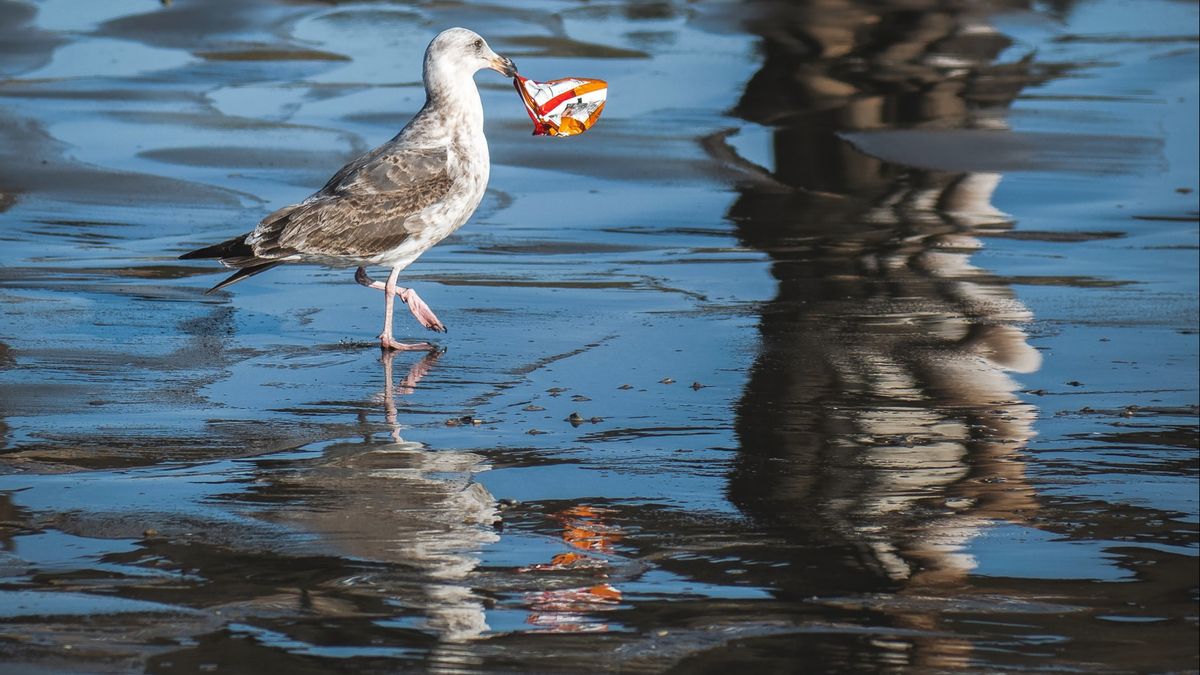JAKARTA - Researchers from the Australian National Science Agency, CSIRO, revealed that 14 million tons of microplastics have polluted the world's seabed. This is because many people still dispose of plastic waste, which is difficult to decompose in the ocean.
Launching CNA, Wednesday, October 7, the number of pollutants increased 25 times greater than the previous research. Researchers used robotic submarines to collect samples up to three thousand meters deep off the coast of South Australia.
"Our research found that the deep ocean is a dumping ground for microplastics. We were surprised to see the high microplastic load in such a remote location." said lead researcher, Denise Hardesty.
Therefore, Hardesty calls on each country to act immediately to find a solution to the plastic waste that fills the oceans. This is because if the waste is left alone, it will affect the ecosystem, wildlife and human health.
"Governments, industry and society need to work together to significantly reduce the amount of waste we see along our coasts and our oceans," Herdesty said.
The results of these studies were immediately published in the journal Frontiers in Marine Science. The journal states that areas with more floating debris generally have more microplastic fragments on the seabed.
"Plastic pollution that ends up in the ocean worsens and breaks down, ending up as microplastics," said study leader Justine Barrett.
"The results show that microplastics are sinking to the seabed," he added.
The English, Chinese, Japanese, Arabic, and French versions are automatically generated by the AI. So there may still be inaccuracies in translating, please always see Indonesian as our main language. (system supported by DigitalSiber.id)













